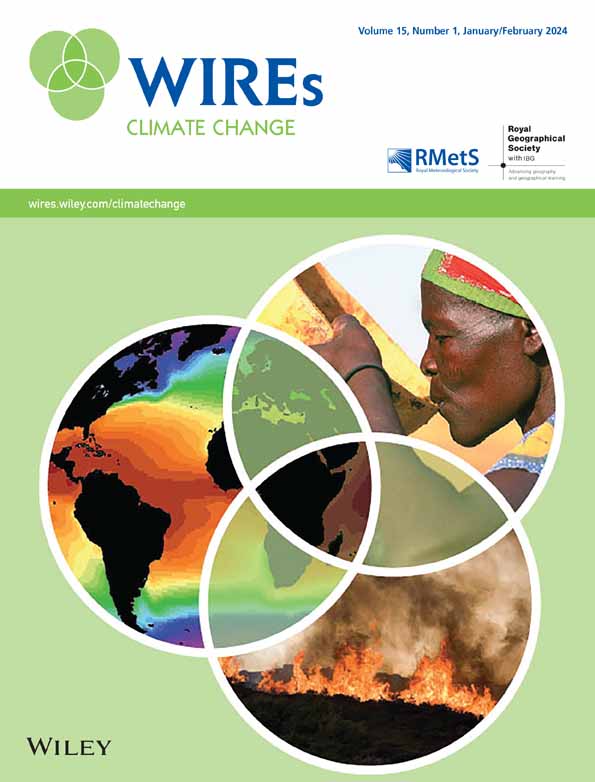社会转折点无处不在?-过度使用的模式和风险
IF 10.3
1区 环境科学与生态学
Q1 ENVIRONMENTAL STUDIES
引用次数: 7
摘要
过去几年,人们对社会临界点概念的兴趣激增,社会临界点被理解为社会系统变革的非线性过程。越来越多的跨学科学者特别关注与气候变化相关的社会倾斜问题。与自然科学中的临界点研究(例如气候临界点和生态制度转变)相比,STP通常被认为是可取的,为紧迫问题提供了潜在的解决方案。根据对临界点的既定定义,以及对明确将社会临界点视为气候变化潜在解决方案的文章的定性审查,本文确定了在最近这一波非线性社会变化研究中应用STP概念的四种有害模式:(i)过早贴标签,(ii)没有定义系统边界和分析尺度,(iii)没有为倾翻过程的所有特征提供证据,以及(iv)没有利用现有的社会变革理论。这些模式共同造成了过度使用这一概念的趋势。认识和避免这些“用临界点眼镜看世界”的模式,对于这一年轻的研究领域产生的科学知识的质量以及未来与气候变化相关的科学政策互动至关重要。未来的研究应该寻求确定STP的经验证据,同时对许多社会变化过程不是倾斜的例子,或者某些系统可能不容易发生非线性变化的可能性持开放态度。本文章由计算机程序翻译,如有差异,请以英文原文为准。

Social tipping points everywhere?—Patterns and risks of overuse
The last few years have witnessed an explosion of interest in the concept of social tipping points (STPs), understood as nonlinear processes of transformative change in social systems. A growing body of interdisciplinary scholarship has been focusing in particular on social tipping related to climate change. In contrast with tipping point studies in the natural sciences–for example climate tipping points and ecological regime shifts–STPs are often conceptualized as desirable, offering potential solutions to pressing problems. Drawing on a well‐established definition for tipping points, and a qualitative review of articles that explicitly treat social tipping points as potential solutions to climate change, this article identifies four deleterious patterns in the application of the STP concept in this recent wave of research on nonlinear social change: (i) premature labeling, (ii) not defining system boundaries and scales of analysis, (iii) not providing evidence for all characteristics of tipping processes, and (iv) not making use of existing social theories of change. Jointly, these patterns create a trend of overusing the concept. Recognizing and avoiding these patterns of “seeing the world through tipping point glasses” is important for the quality of scientific knowledge generated in this young field of inquiry and for future science‐policy interactions related to climate change. Future research should seek to identify empirical evidence for STPs while remaining open to the possibility that many social change processes are not instances of tipping, or that certain systems might not be prone to nonlinear change.
求助全文
通过发布文献求助,成功后即可免费获取论文全文。
去求助
来源期刊

Wiley Interdisciplinary Reviews: Climate Change
METEOROLOGY & ATMOSPHERIC SCIENCES-
CiteScore
20.00
自引率
2.20%
发文量
58
审稿时长
>12 weeks
期刊介绍:
WIREs Climate Change serves as a distinctive platform for delving into current and emerging knowledge across various disciplines contributing to the understanding of climate change. This includes environmental history, humanities, physical and life sciences, social sciences, engineering, and economics. Developed in association with the Royal Meteorological Society and the Royal Geographical Society (with IBG) in the UK, this publication acts as an encyclopedic reference for climate change scholarship and research, offering a forum to explore diverse perspectives on how climate change is comprehended, analyzed, and contested globally.
 求助内容:
求助内容: 应助结果提醒方式:
应助结果提醒方式:


